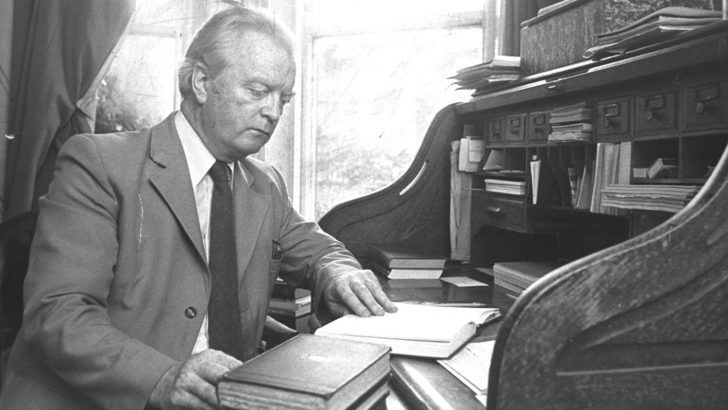Secret of the powers that be
This year saw the release of a backlog of files of various kinds going back to the 1920s. Many dealt with dismissals from the public service, the army, the guards, and the civil service generally.
Most of these reveal little stories of incompetence and misbehaviour as often as not due to alcohol. These are of little interest to the general public as this date: personal tragedies remain, even 70 years on, just that, personal.
But one revelation (at least for this commentator) was the fact that male and female civil servant could then be released on extended leave to entry a seminary or a convent. But more than that, provision was made for those who found a life of religion was not for them to return to the Civil Service and have their old job back.
Terms
They could be reinstated in the Civil Service under the terms of subsection 2 of section 6 of the Civil Service regulation Act, 11924 (No. 5 of 1924), as amended by section 3 of the Cavil Service Regulation (Amendment) Act, 1926 (No. 41 of 1926).
In those less enlightened days a candidate who did not stay the course in the seminary, or was later laicised, used at least in rural parts to be referred to a little heartlessly as “a spoiled priest” – it is a term I have not heard used since the 1960s, at least in the circles in which I move. Not that some notable people were not in that category; the name of the distinguished author Benedict Kiely springs to mind.
These released papers relate to the years 1940-1943. The English writer Tom Rolt, writing about his travels by canal through Ireland in 1946, encountered one such. His comments have long stuck in my memory. These men wearing the old black clerical suits were partly shunned by people, or at least were under a cloud of suspicion. But Rolt remarked that a man who went in the priesthood and found it was in the end not really for him showed great moral courage (at least for that time) in leaving.
People of education and integrity often enough the “spoiled priest” – and “spoiled” nuns too – seem to have faced a sad life of social waste. It is good to know then that the Irish Government was more enlightened and retrieved a good number of them for the nation’s public service. (2016/51/118)


 Peter Costello
Peter Costello Benedict Kiely
Benedict Kiely 